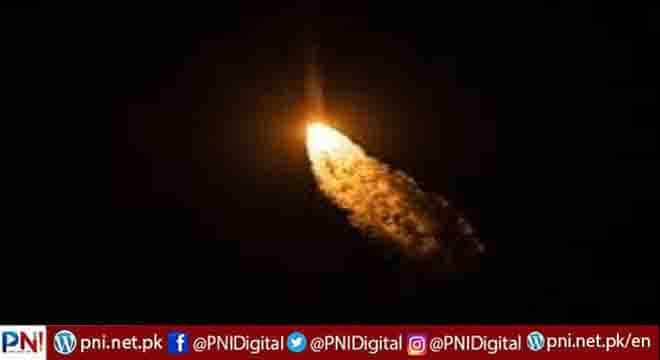Paris, Feb 1 (AFP/APP):As the race to send people to the Moon and beyond heats up, Europe faces calls to make a choice: Keep paying for seats on spacecraft or finally fly its own manned vehicle.
Imagine if Christopher Columbus did not have a ship to sail to the Americas, the head of the European Space Agency said recently, lamenting that the continent lacked a vessel to “explore the next frontier”.
“We will be on the Moon and we believe we will be living there. We will use the Moon as an economic zone. This is a new frontier,” ESA director general Josef Aschbacher told the 14th European Space Congress last week in Brussels.
“The big question is, do we want, as Europeans, to be part of it, or do we want to be watching others going to the Moon?”
NASA is aiming to return to the Moon with its Artemis programme by 2025, while China plans to send one of its taikonauts there by 2030.
Europe, meanwhile, has no manned vessels to speak of, having relied on US and Russian spacecraft to take more than 30 astronauts into orbit over the years.
Private companies have now become major players in the sector, with Elon Musk’s SpaceX taking astronauts to the International Space Station.
French astronaut Thomas Pesquet, who travelled to and from the ISS aboard SpaceX’s Dragon capsule, has called for more ambition in Europe in terms of crewed flights.
European space firm ArianeGroup, owned by Airbus and French group Safran, says it is ready to develop a reusable two-stage launcher capable of carrying astronauts.
Philippe Baptiste, president of France’s CNES space agency, says such a launcher would pave the way for Moon and Mars missions, but he said Europe’s space ambitions remain a political question.
That question takes on particular significance in the runup to a European space summit in the French city of Toulouse on February 16.
An ESA ministerial meeting will be held in November to lay out priorities
Follow the PNI Facebook page for the latest news and updates.









